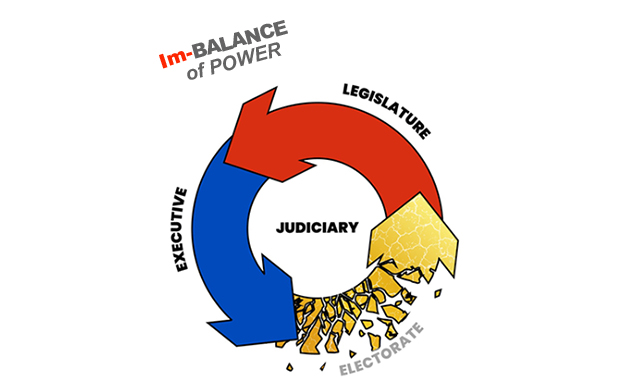


RELIGION IN NIGERIA

Over the years, Religion has been destructively criticized and is still passing through criticisms largely due to the hardships and devastation humanity has suffered over the centuries as a result of many wars caused or justified by religion. The Crusades, The Islamic Jihads, and the European Religious Wars, are some of the examples.
It was on this basis that religion has been seen as a source of worry to humanity.
However, religion has equally played an enormous role in human history and in the overall development of humanity.
Religion contributed to the foundations of formal education and library system, university institutions, the cultural foundations of Europe, Arab and numerous countries of the world. It also contributed to scientific discoveries and technological innovations.
On one hand it promoted the sanctity of individual human life, fundamental equality of all men, man’s liberty, antislavery and abolitionist ideology, religious freedom, domestic stability and favourable attitude to work.
Considering all these therefore, the problem does not appear to be religion itself, which is simply the commitment or devotion to individual/collective religious faith or observance. The problem lies in the indoctrination of poeple with religious sentiments and the interference of politics in religious beliefs, which has in turn led to a bias which often results in religious clashes.
However, rather than dwell on the negative effects of the past, we ought to dwell on and harness the positive in shaping our individual lives and the society as a whole, while also fashioning ways to mitigate the negative tendencies of extremist religious differences.
We need to develop policies that support and validate every citizens individual beliefs, as well as disbeliefs, according to their individual and constitutional rights to freedom of and from religion, which expresses the liberty to freely practice any religion they want or no religion at all as provisioned in section 38(1) of the Nigerian constitution. Government has to technically be blind to individual choice of religion and support every individual to practice and follow his convictions within the ambit of the law and respect for the rights and liberties of others.
For instance, rather than fixed religious celebrations like Christmas, Sallah, and Easter, government should simply grant a fixed number of days a year as religious celebration leave as a Lanour Law, allowing each person to decide which celebrations s/he wants to take off work.
Religious celebration bonuses can also be introduced to support each idividual in fulfilment of his religious aspirations. Pilgrimage loans and visa support will also add immense value to every citizen.
With the availability and provision of such state support, citizens will be able to achieve their chosen religious goals which can be a revitalizing experience for them and an all together good thing for them as well as their professional endeavors, for they come back re-energized and focused. The religious leaves also ensure that they have the right to attain to this form of spiritual fulfilment without feeling guilty about letting their work suffer or having their salaries deducted in their absence.
This way, the people are assured and confident in the fact that the government cares about them, and is invested in protecting and supporting their good and honest interests even in their most basic and individual lives.
Government can also invest in religious organizations as they are equally a form of Charity outlets that reach out to the weak and needy amongst us.
Provision for Worship Center Compliance Grants can also be made to promote well organized religious association. Such provision for compliance can include the stipulations of adhering to structural plans of building capacities that fit into a preexisting organized geographical plan and enforcement of soundproofed worship centers so as to prevent an overlapping of worship and to prevent constituting nuisance to other individuals of different faith or beliefs.
This can also extend to a prohibition of religious display that can be construed as a form of harassment in public spaces, such as the work place, roads, and other social settings.
In the light of all these however, the government must strive to maintain a neutral and unbiased interest in providing a support mechanism for religious believers and non believers alike.
The Nigerian government by constitution is secular, and as such, free from any religious sentiments that might affect its legal process of decision making and policy formulation. Every policy that is made in government should therefore be in the view and general interest of every Nigerian citizen and individual benefit, regardless of their gender, tribe or Religious affiliation, beliefs or lack thereof.
In conclusion, Religious leaders should as a matter of urgency and commitment be challenged to review the tenets and creeds of their religions and get rid of anything that tends to erode their cherished value for human development, and to focus more on their works of civilizing humanity.




(0) Comment